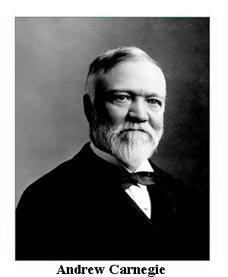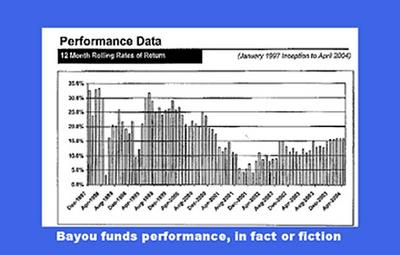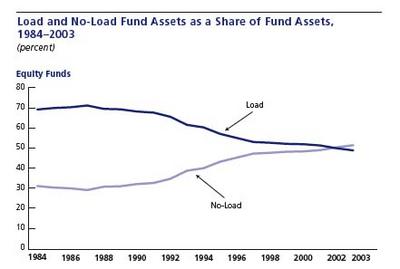Seemed like a good idea: Wrap mutual fund shares in an annuity contract for tax deferral. Sell the packages to high-tax-bracket investors who have maxxed out their 401(k) and IRA contributions. Sellers would get high but inconspicuous sales commissions; buyers who invested aggressively and held for 20 years might make a buck.
One problem: When the others in your foursome are talking hedge funds, do you want to confess to buying an annuity?
A worse problem arrived with the Bush tax cuts. When you can pay 15% tax now on realized gains and dividends, why pay ordinary income tax of 30% or more later?
The marketing of variable annuities needed rethinking. Apparent result: A new target market consisting of unsophisticated senior citizens who chafed at low CD yields and liked the sound of "Your heirs will get back every cent you invest, guaranteed!"
To make sure the new market wouldn't refuse delivery, sales commissions were revved up. In his June 8 column, Jonathan Clements of The Wall Street Journal marveled at how much "annuity gladiators" could rake in:
I can't recall precisely when I got my first message, and I have no idea how I got on this particular email distribution list. But at some point last year, I started receiving emails aimed at insurance agents, offering to pay me commissions of 8%, 10% and even 13% for selling annuities.
The results have been disastrous. Horror stories abound, like
this one from a Jane Bryant Quinn column last year. The selling of variable annuities made a list of
Top Ten Investment Scams. An elder law center discusses annuity sales in the same breath as
Ponzi schemes. (Rumors that the ghost of Charles Ponzi is suing for libel could not be confirmed.)
Can someone explain how banks got caught up in this sorry mess? Suicidal tendencies? A sick urge to get rid of customers over 65?
Bank of America certainly didn't help its public image. Neither did
Citizens, a Royal Bank of Scotland unit that's $3 million poorer as a result. Can regulators save banks and other annuity sales channels from themselves, or will stronger steps be necessary?
If that question sounds over-dramatic, read on.
 This year, 2005,
This year, 2005, marks the centennial of the beverage we know today as Classic Coke. In 1905 people probably thought of it as New Coke.
The original Coca-Cola had been formulated in Atlanta a generation earlier, in 1886, and the Coca-Cola Company quickly became the Google of its time. From 1890 to 1900, sales of Coca-Cola syrup increased by 4000%!
Despite, or perhaps because of, this smashing success, in 1905 the Coca-Cola Company revamped its formula. No more cocaine.
Please note that "cocaine" was not a loaded word in the 19th century. Cocaine was merely a routine stimulant, found not only in soda-fountain tonics but also in painkillers, including Bayer Aspirin. Only when cocaine became widely abused by addicts was it outlawed.
Today, one response to annuity sales abuse would be to make variable annuities a "controlled investment product."
No sales to investors over 50 without a prescription. To be valid, the prescription would have to be signed jointly by the investor's lawyer, a tax accountant and a trust officer or wealth manager.
Waddiyathink?
Free plug: The old delivery truck shown above is actually a toy coin bank, available from
the Coca-Cola store.















